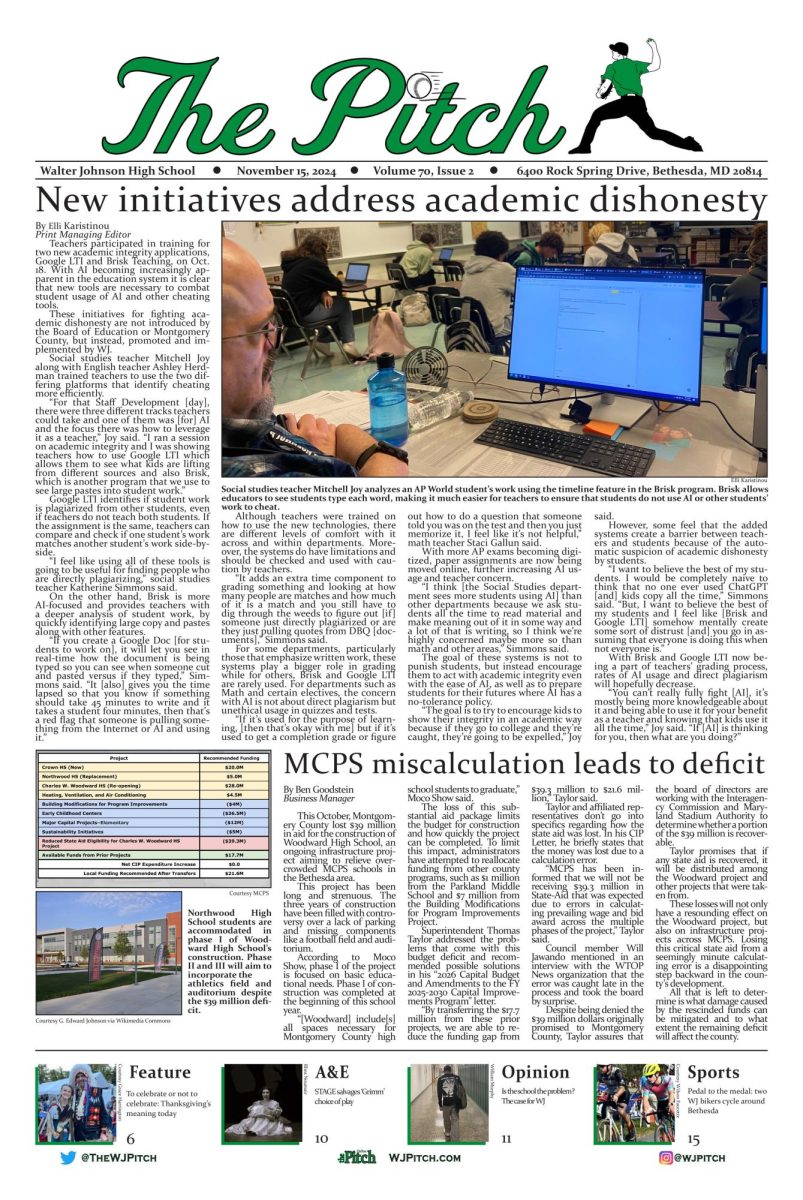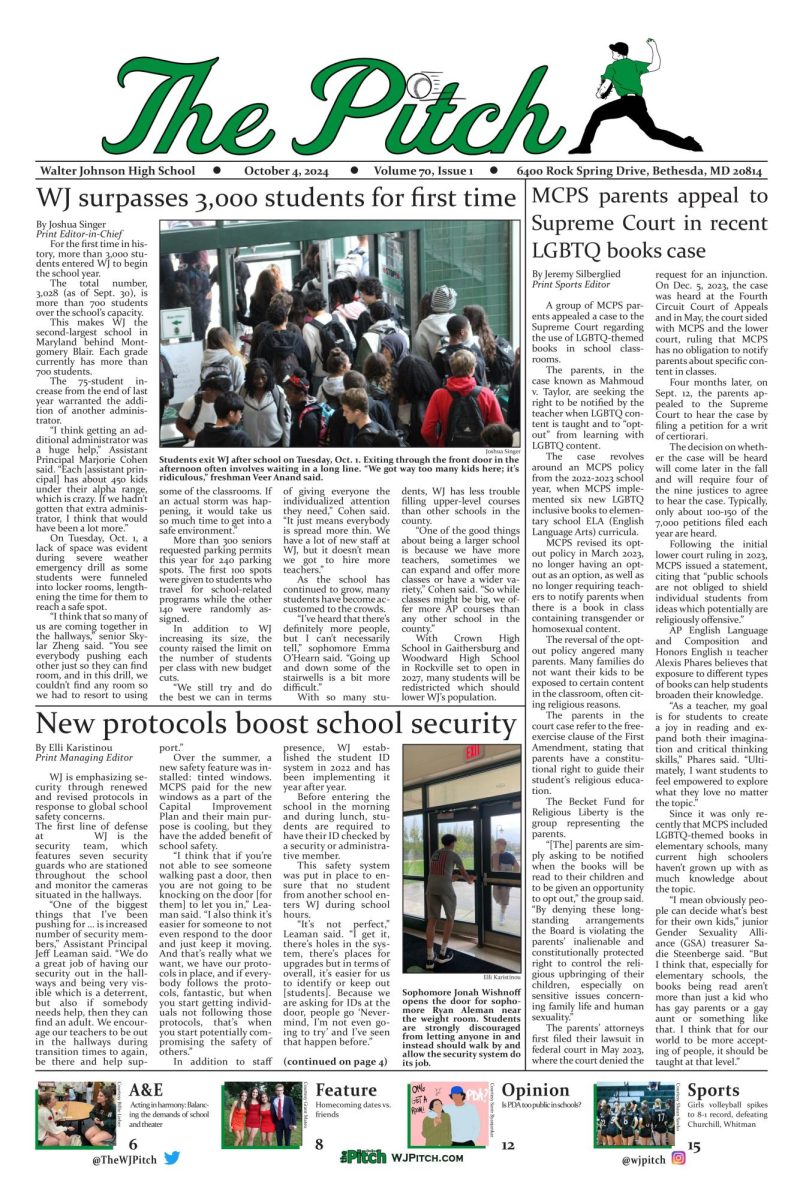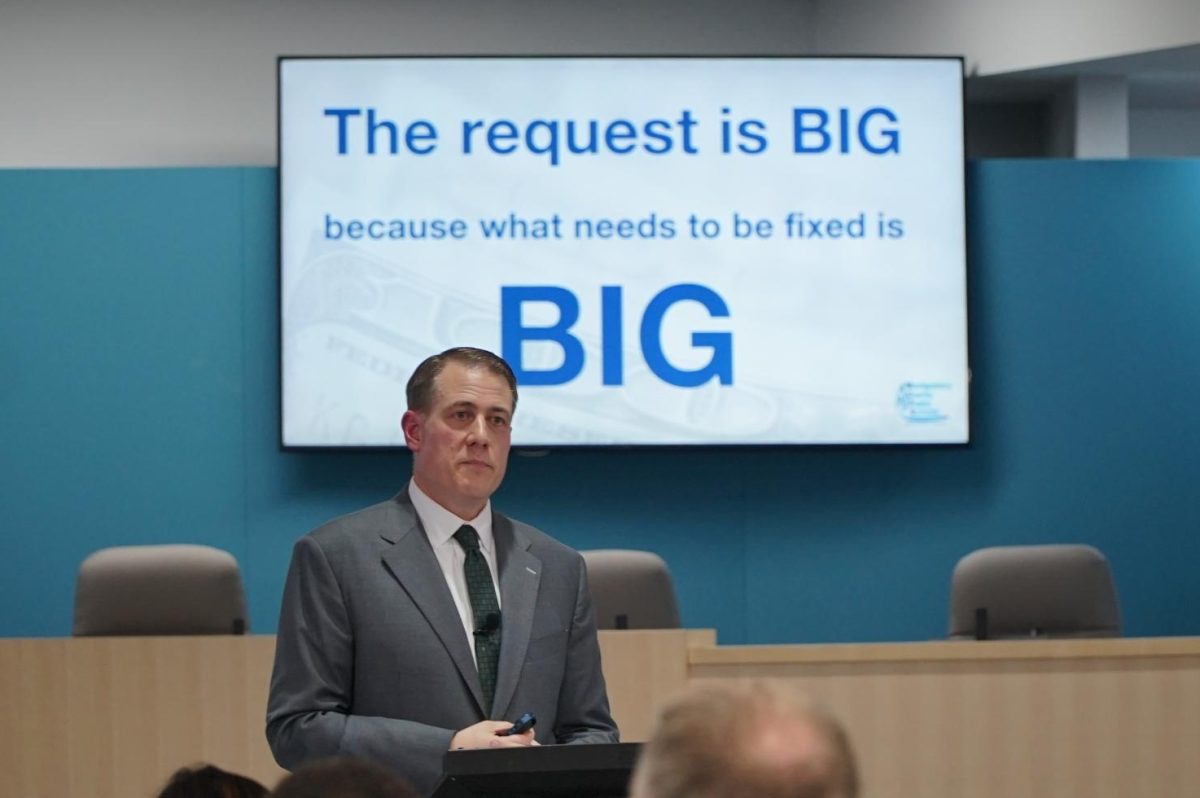Going to school equipped with your iPhone is as essential as wearing shoes — we can’t imagine getting through the day without it. Students keep their phones nearby during class — ensuring that they don’t miss a text message. Even in the middle of a lesson, students will be texting under their desks. In most situations, students do not get punished or even asked to put their phones away. Has the phone policy always been this way or has it become more relaxed in recent years with the coming out of iPhones and social media?
Katherine Simmons, AP U.S. History teacher and APEX Reach Coordinator has been teaching at WJ since 1996 and explained how she’s seen very big changes in the phone policy at WJ throughout her time here.
“Back when I first started teaching, phones weren’t that big of a deal. It was pretty strict as more students started to get phones…[phones] were confiscated and students would be reported to the main office. As phones have become more ubiquitous and more and more students have them, that policy has generally relaxed,” Simmons said.
A big factor that changed our school policy is the difference between how much students were spending time on their phones in the early 2000s in comparison to today.
Frederick Delello, a World Studies teacher, has been teaching at WJ for 17 years. He’s noticed that the evolution of the phone has made it easier and more addictive for students to use it during class.
“…texting had just started so the only thing that students could do was call…and when texting first came, it was a lot more difficult because of the flip phones,” Delello said.
While phones and technology are very helpful today, we must not forget that phones and technology are a privilege that should not be abused. Yet, texting and social media have created a virtual world that lures students away from their classes to their phones, distracting students in school.
“I feel like there is a level of addiction with using your phone…Hearing that Pavlovian response, hearing a text coming in and you immediately want to check it,” Simmons said.
Delello even reported that he’s noticed worsening test scores and grades among his students in recent years.
“Some students have told me that they do spend too much time on their phone and they even recognize that they have a lot less time to do other things — not just school work but other things they could be doing,” Delello said.
This is very concerning. I’m not suggesting that we ban phones entirely from school — but merely that all students do is simply leave their phones in their backpacks while they’re in class. To uphold this, there needs to be a clearer and consistent phone policy for all teachers to follow. Implementing a phone policy would not only address important concerns about students’ academic performances (and probably improve outcomes there) but also their mental health which is a high priority. Studies show that heavy phone use by adolescents leads to declines in mental health.
“What I worry about is the growing dependence that we all have on phones and I worry about that connection to poor mental health, like especially with students who are using their phones for social media and using that as validation,” Simmons said.
I notice this in my classes all the time — students checking “likes” on a post they made, or students snapchatting their friends during class. Not only is this disrespectful to the teacher, but it’s also harming the student themselves. I don’t mean to suggest that social media is all negative – it provides important ways to stay connected and communicate. It’s fine for teenagers to have social media but the fact that teens feel the need to check their social media every five minutes is worrisome.
“Nobody’s interacting anymore and people are so worried they’re going to miss something on their phone…they fail to live in the moment and just enjoy [life],” Delello said.
We don’t need to have our phones beside us in school at all times. By not allowing phone use during class, it gives students the opportunity to fully immerse themselves during school, it would lower student stress and would even allow students the chance to meet and talk to new people.
Living life through our phones isn’t real. Outside of that screen that we constantly find our heads glued to, there is a world full of opportunities that we’re missing out on.
Simmons and Delello both believed that an overall phone policy would be very helpful. Not only would a phone policy help by lifting the burden off the teachers to discipline their students, but it will also help the students of WJ in the long run.
Categories:
History of WJ’s phone policy: What happened?
Story continues below advertisement
0
Donate to The Pitch
$481
$1000
Contributed
Our Goal
Your donation will support the student journalists of Walter Johnson High School. Your contribution will allow us to purchase equipment and cover our annual website hosting costs.
More to Discover
About the Contributor

Rachael Wolfson, Print Editor-in-Chief
Rachael Wolfson is currently a senior and this is her third year on The Pitch. During her first two years, Rachael was a Print Opinion Editor and now she is a Print Editor-in-Chief. In addition to The Pitch, Rachael runs on the cross country and track team. She's also the Co-Founder and Co-President of The WJ Gilmore Girls Club. Her two older brothers (Thomas '20 and Alexander '22) also served as Print Editors-in-Chief when they were Wildcats/Madcows (take your pick). Rachael is looking forward to ending the Wolfson Dynasty (2017-2024) on a high note!!




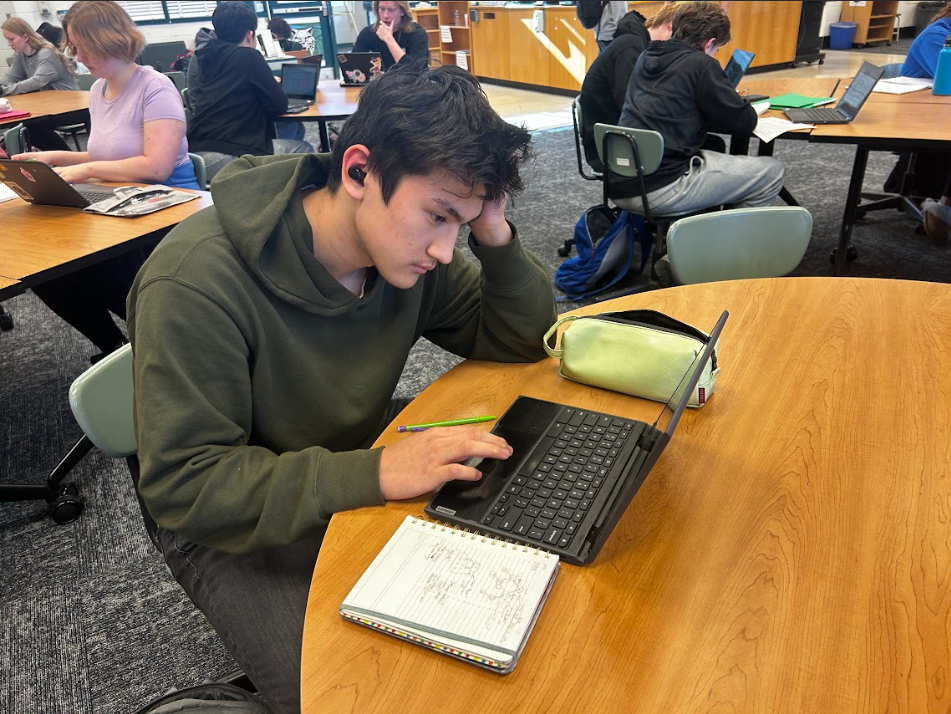
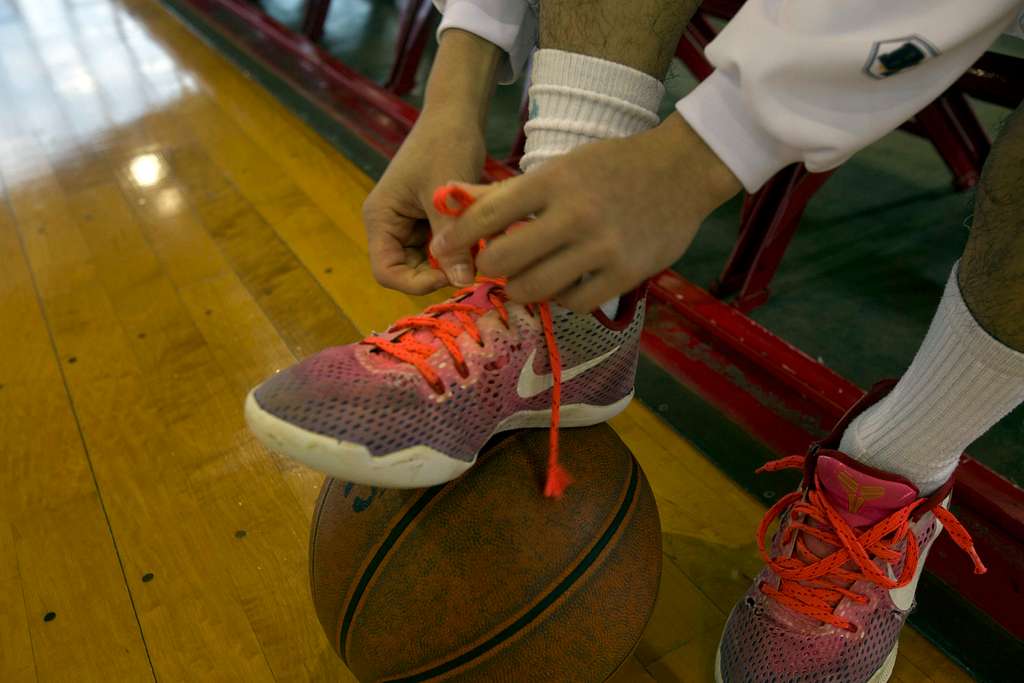

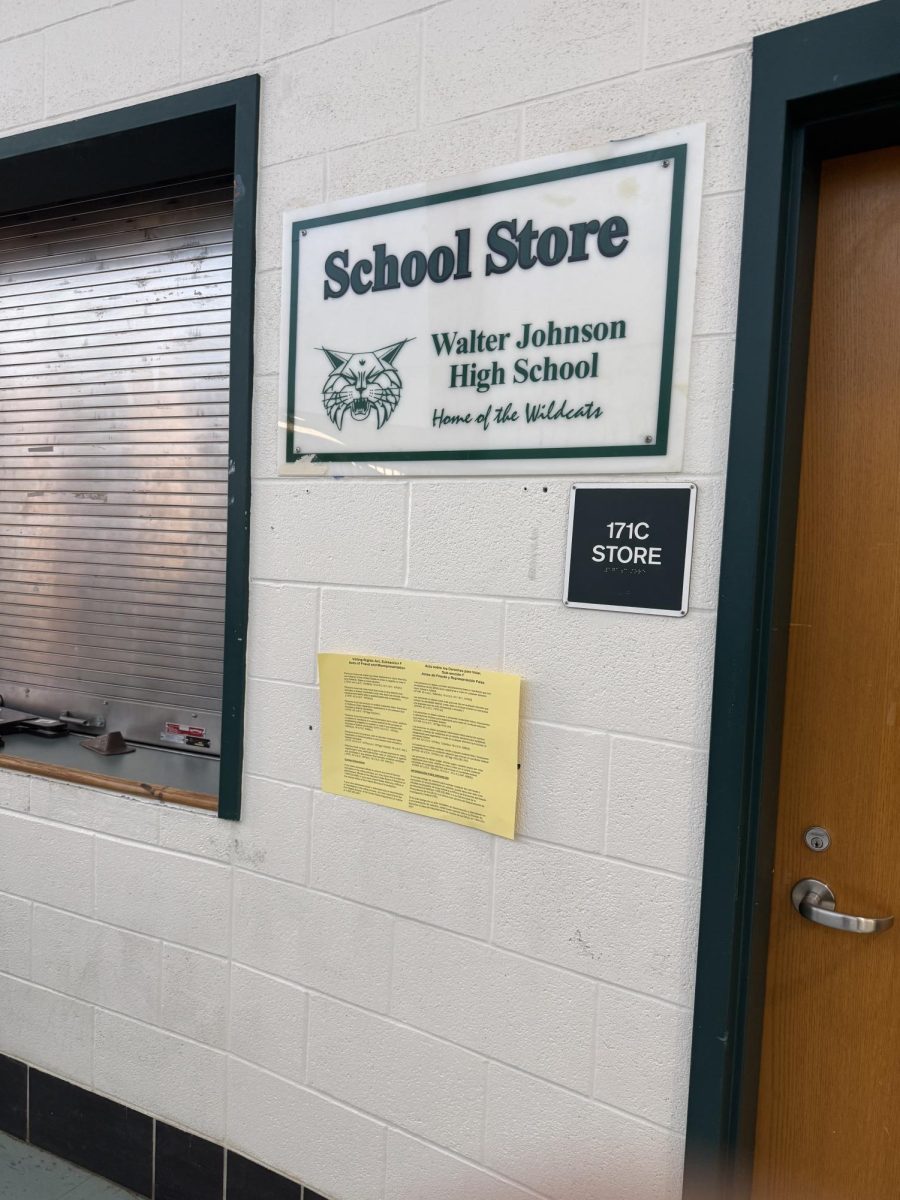



![Social studies teacher Timothy Rodman holds a production factory simulation in his AP Microeconomics class. "Students remember running for class president or the mock congress or the production factory much more so than learning topics like circular flow," Rodman said. "[The simulations make learning] very tangible and real and then students down the road are able to use it."](https://wjpitch.com/wp-content/uploads/2024/11/IMG_4420-1200x675.jpg)
